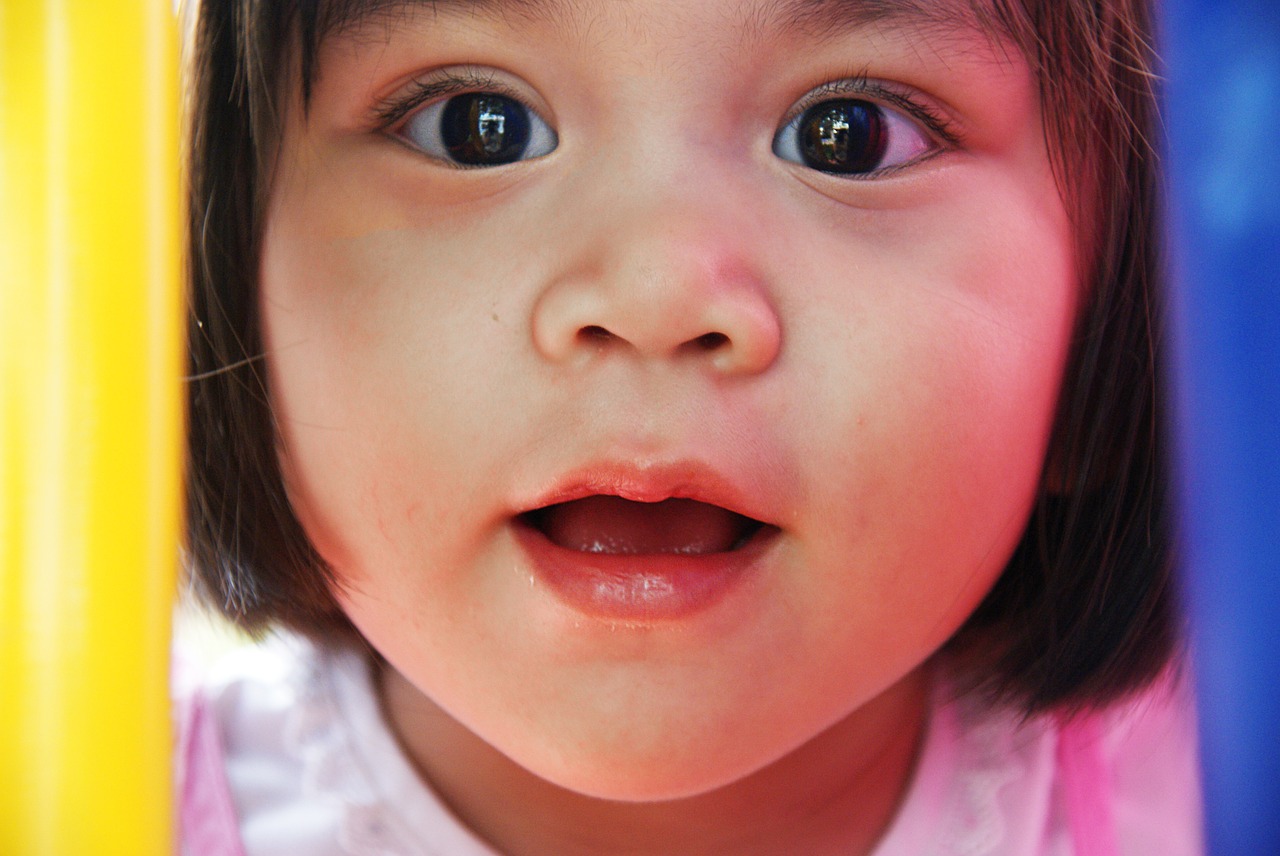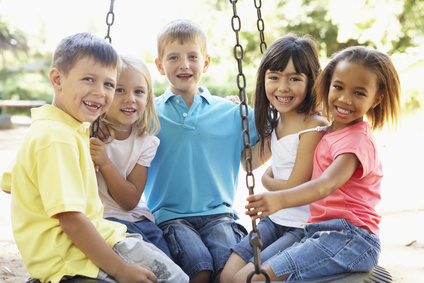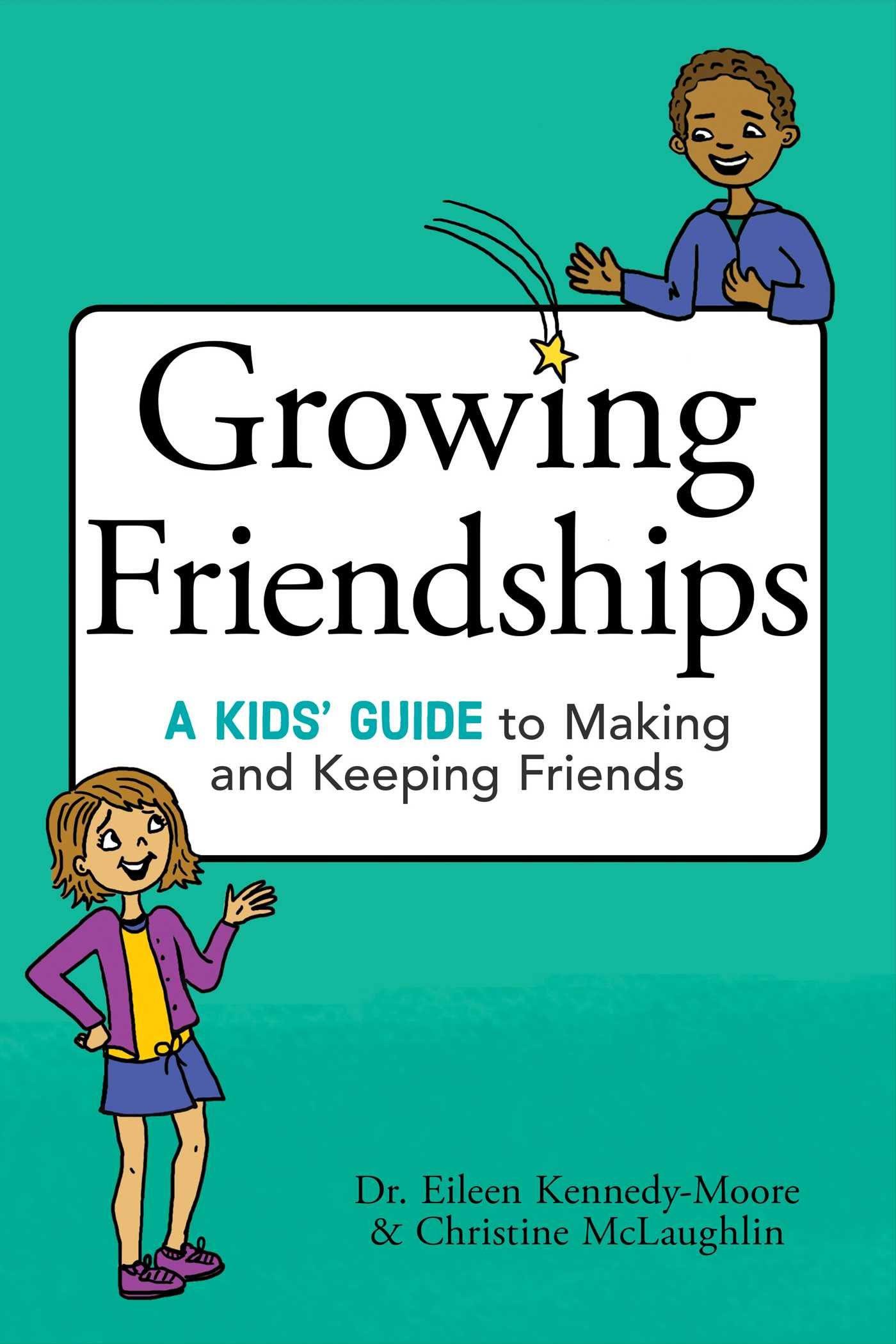 Cultivating strong friendships isn’t easy for every child — pandemic or no pandemic. Neurodiverse children or those with behavioral or mental health needs may require additional external support for themselves and their caregivers. Here’s how you can help your child make and keep friends — at any age.
Cultivating strong friendships isn’t easy for every child — pandemic or no pandemic. Neurodiverse children or those with behavioral or mental health needs may require additional external support for themselves and their caregivers. Here’s how you can help your child make and keep friends — at any age.
Our earliest friendships
Childhood friendships are key for mental and physical health. Preschool friendships help children develop social and emotional skills, feel a sense of belonging, and decrease stress.
“Our earliest friendships give us practice for our adult relationships,” Laura Luff, an integrated care psychologist at Fellsway Pediatrics in Boston Children’s Primary Care Alliance says. “They help us learn what to expect from a good friend and set expectations for adult relationships.”
Toddlers — some of whom have spent more than half their lives in the pandemic — are not immune, but they appear to be less fazed. Many experts agree they likely won’t be permanently impacted. After all, even in quarantine, young children absorbed new experiences with their parents, siblings, and pets.
Elementary school friendships
The shift from pre-K to kindergarten may be more challenging. “Children in transition years like kindergarten were most likely to be impacted by the pandemic,” Luff says. “It was especially hard for them to make new friends during remote learning.”
It may take a couple of playdates before preschool and elementary-age children begin to feel comfortable with peers and friends. If your child continues to have difficulty connecting with old friends, or with making new ones, try to listen closely and adapt to their needs.
“Focus on helping the child try different strategies to figure out what works,” Luff says.
Middle school friendships
In middle school, friends start confiding in each other and trying to solve each other’s problems. Their friendships help them learn to express their feelings constructively. Some research also suggests that close friendships at this age can help children deter or manage bullies.
By the time a child turns 12, they’ll understand that trust and support are the bedrock of any quality friendship. In turn, they often become less threatened if their friends have other friendships and more empowered by their strongest bonds.
High school friendships
Teenage friendships can be a source of great empowerment. They provide unconditional acceptance from their peers at an especially vulnerable time. Simultaneously, they’re beginning to figure out who they are beyond their family while trying to foster a sense of belonging among their peers.
Conversely, a lack of friends can lead to a sense of social isolation, which can be a precursor for mental health concerns. In a study of more than 4,000 teenagers, those without a close friend reported having depressive symptoms at a much higher rate than those who did.
Respect your teen’s individuality. Some teens are outgoing and have many friends, while others are content with one or two close friends. Every teenager is different.
When to seek support
If you sense your child is having a particularly tough time, look for signs that might indicate a deeper mental health concern. Talk to your family’s pediatrician if you notice they’re sad, withdrawn, struggling with daily activities, or having trouble focusing, eating, or sleeping.
Excerpted from “How to Help Your Child Rekindle Friendships at Any Age” from Boston Children’s Hospital. Read the full post online.
Source: Boston Children’s Hospital | How to Help Your Child Rekindle Friendships at Any Age, https://answers.childrenshospital.org/friendships | © 2005-2021 All Rights Reserved
If you have concerns about your child, CHC Care Coordinators can arrange a free 30-minute consultation so you can explore options with an expert. We invite you to call or email us at 650.688.3625 or careteam@stage.chconline.org to set up an initial Parent Consultation appointment. CHC teletherapy services are available now.





